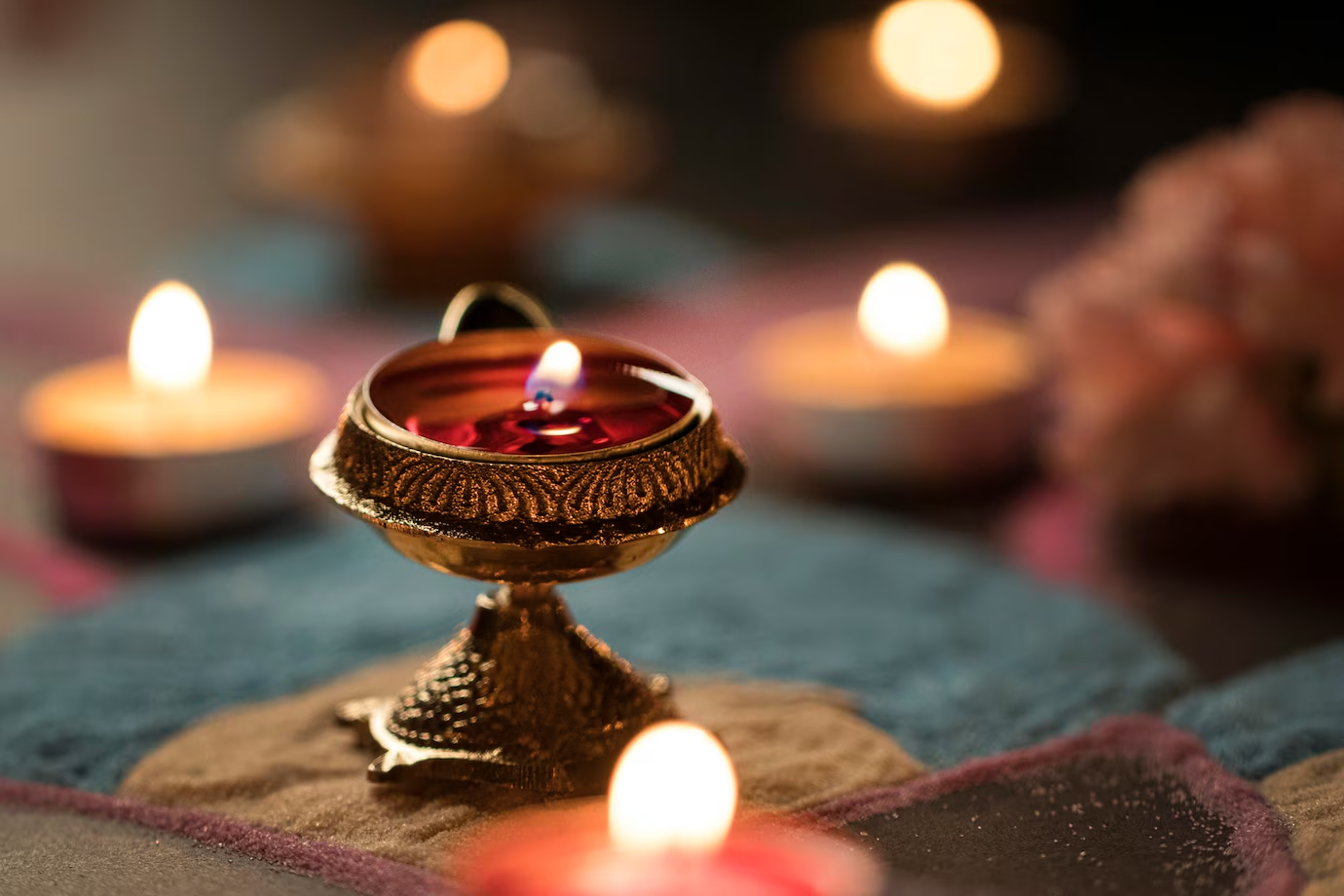Hindu mourning practices, deeply rooted in the teachings of the Vedas and the traditions of the Hindu community, provide a meaningful way to honor the deceased and offer comfort and support to the bereaved. These practices reflect core Hindu values of faith, karma, and the cycle of life, emphasizing the importance of spiritual support and communal involvement during times of grief. Understanding these traditions can help us appreciate their significance and the solace they bring to those mourning the loss of a loved one.
The Belief in the Cycle of Life
At the heart of Hindu mourning practices is the belief in the cycle of life, death, and rebirth (samsara). Hindus find comfort in the understanding that death is not the end, but a transition to the next life, influenced by one’s karma (actions) in this life. This belief shapes the various rituals and ceremonies that provide spiritual comfort and assurance to the grieving.
Funeral and Memorial Services
Hindu mourning practices often begin with a funeral service, which includes the recitation of sacred texts, prayers, and the offering of pinda (rice balls) to the deceased. The funeral is usually followed by the cremation ceremony, as cremation is believed to release the soul from the physical body. The ashes are then immersed in a holy river, symbolizing the return to the elements and the cycle of life.
Prayers and Sacred Texts
Prayers and the recitation of sacred texts play a vital role in Hindu mourning practices. Commonly recited texts include passages from the Bhagavad Gita, the Ramayana, and the Garuda Purana. These texts offer words of comfort, hope, and assurance, helping the bereaved to find peace and solace in their faith. Mantras such as the Maha Mrityunjaya Mantra are also recited to seek divine protection and blessings.
Mourning Period
The mourning period in Hinduism is known as the Shraddha or Pitru Paksha and typically lasts for 13 days, though it can extend up to a year depending on family traditions. During this period, rituals and prayers are performed daily to honor the deceased and support their journey in the afterlife. The end of this period is marked by a ceremony that ensures the peace and happiness of the departed soul.
Community and Support
Community support is a cornerstone of Hindu mourning practices. Family, friends, and community members gather to offer condolences, share memories, and provide practical assistance. This communal support helps the bereaved cope with their loss and find comfort in shared faith and collective mourning. The community often organizes prayer meetings and provides meals for the grieving family.
Commemorative Rituals
Hindu mourning practices include commemorative rituals such as lighting lamps, offering food and water, and performing Tarpana (water offerings) to honor the ancestors. These rituals provide opportunities for reflection, remembrance, and continued connection with the deceased. They offer a sense of peace and closure, helping the bereaved navigate their grief journey.
A Reflection of Beliefs and Values
Hindu mourning practices reflect the values of faith, karma, and the cycle of life. These traditions provide a structured way to honor the deceased, support the grieving, and reaffirm Hindu beliefs in spiritual continuity and the importance of community. By understanding and respecting these practices, we can offer meaningful support to our Hindu friends and family during their time of loss.
In summary, Hindu mourning practices offer a profound and respectful way to navigate grief, rooted in a deep understanding of the cycle of life and the importance of spiritual preparation. These practices not only provide comfort to the bereaved but also ensure that the deceased is honored with dignity and faith.
If you have feedback, questions, or ideas for future articles or Information Hubs, please contact us. Your insights help us create valuable content.


